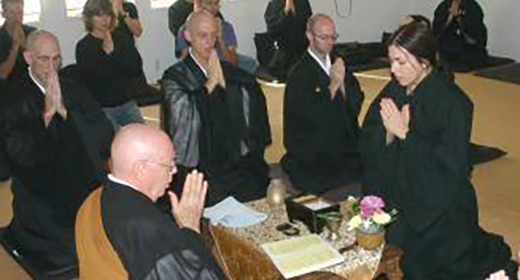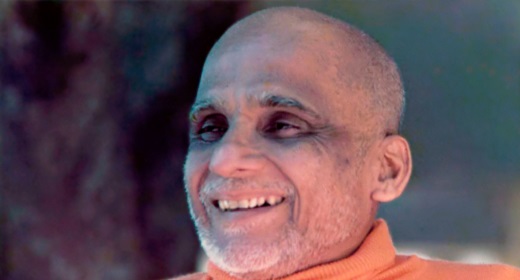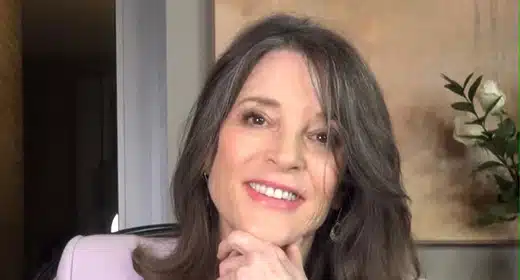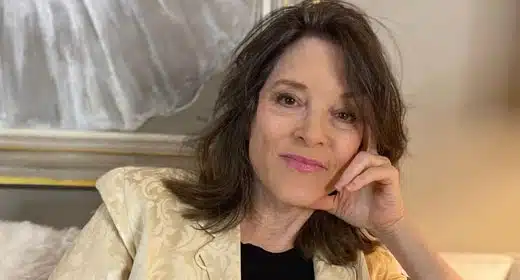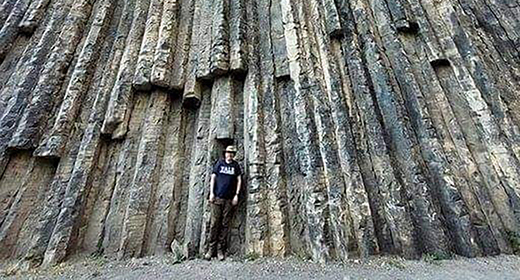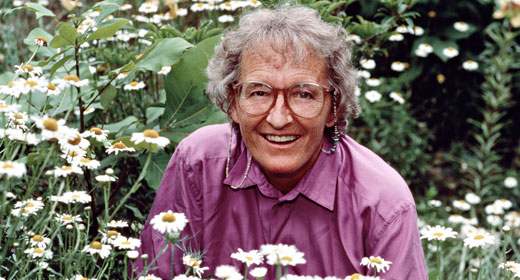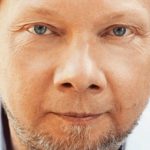by Steve Taylor PhD: WHEN I KNEW that I was going to take part in a dialogue with Eckhart Tolle, I wondered if I might be slightly nervous. But when I found myself on stage, sitting next to Eckhart in front of around 300 people and four TV cameras, the opposite was the case. I felt a very powerful sense of stillness and calm. I felt that this was emanating from Eckhart, and amplified by the audience.
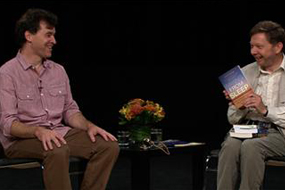 There was a strong feeling of benevolence. I felt completely comfortable just sitting there, absorbing the stillness, listening to Eckhart. It was a great feeling, but… Hold on, I told myself at one point, I’m not in the audience, I’m on the stage. I’m taking part in a dialogue, I’ve got to speak!
There was a strong feeling of benevolence. I felt completely comfortable just sitting there, absorbing the stillness, listening to Eckhart. It was a great feeling, but… Hold on, I told myself at one point, I’m not in the audience, I’m on the stage. I’m taking part in a dialogue, I’ve got to speak!
There was no problem – how could there be, while my mind was quiet and still? I wondered how much time had passed since I had last spoken. As I demonstrated in my book Waking From Sleep, time can behave very strangely in spiritual states. Sometimes it goes quickly, sometimes slowly. Sometimes it disappears altogether. Once I spoke, words seemed to flow very easily. Eckhart’s impish sense of humor put me at ease, and there were quite a few funny moments.
At one point, Eckhart and I talked about how being awake lends itself to creativity. Once the ego is quieted, you have easier access to deeper levels of the mind, and even to a spiritual source beyond the mind. Eckhart suggested this was why I have been able to write so many books over the last few years, particularly with having three young children and my work commitments.
Our dialogue seemed to spring from this spiritual source. The raw material (or maybe we should call it raw spiritual) from this source can take myriad different forms, just as life itself can take endless forms. I think this is why Eckhart’s teachings and writings complement mine so well – because both are different expressions of the same essence, different views of a landscape, which add to the clarity of the whole scene.
I see Eckhart as a spiritual teacher and a guru who is so powerful because his teachings aren’t rooted in any particular tradition. They arise directly from a perennial oneness that is beyond all concepts or traditions. I feel connected to that oneness. But I don’t see myself primarily as a spiritual teacher, more as a writer and psychologist. (One of my worldly roles is as a university lecturer in psychology.)
On the other hand, I’m also a poet – in fact, one of the great joys of the dialogue was hearing Eckhart read aloud some of the poems from my book The Meaning. Poetry is the way I directly express my awareness of perennial oneness.

